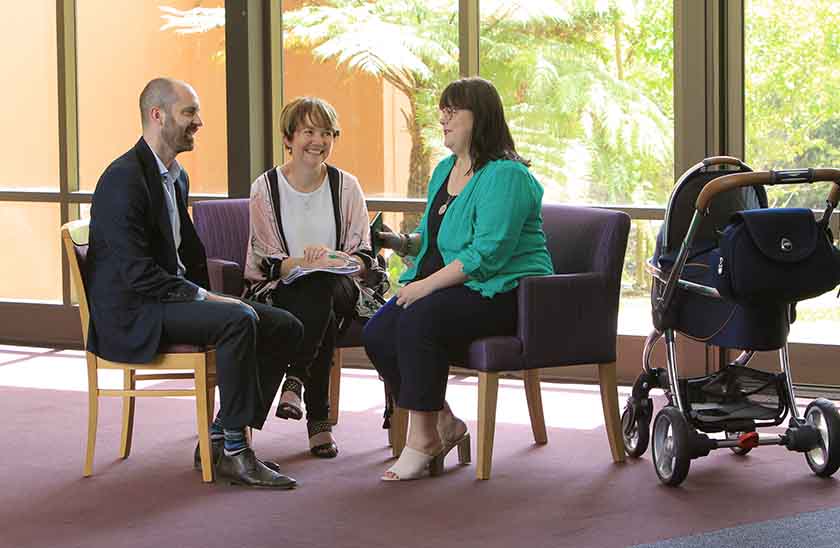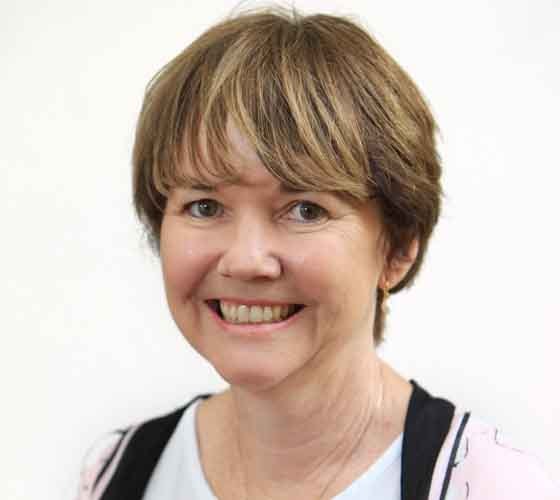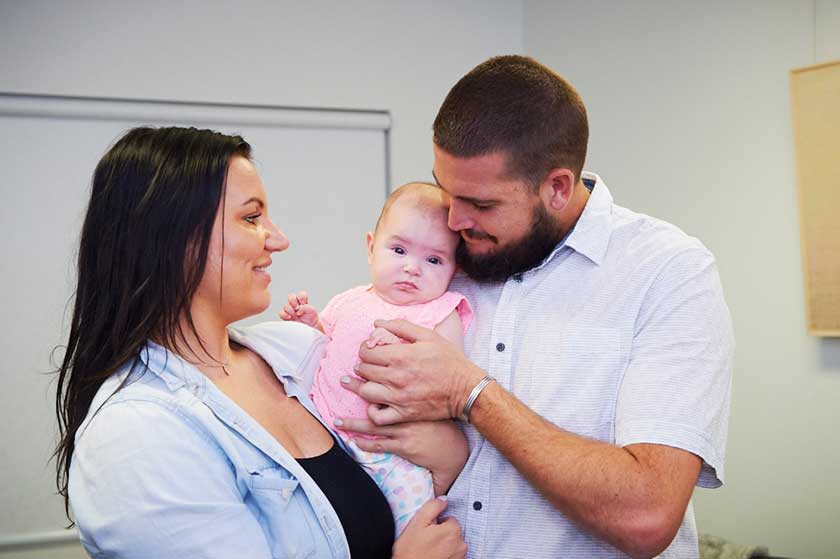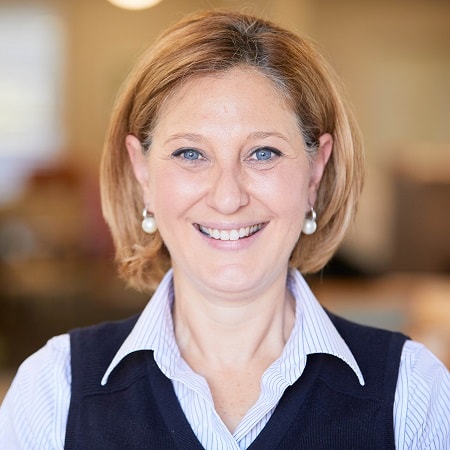Along with changing nappies, sleepless nights and feeding issues it seems there’s a new challenge on the parenting block – navigating social media.
It’s something new parents have probably been conscious of for a while, but academically speaking, we’re only at the beginning of understanding the major impacts social media is having on the emotional wellbeing of parents.
That’s why I recently did some research in this area - focusing on how Australian mums of young children (0-4 year olds) are using social media and what the risks and benefits are in doing so.
Hundreds of women from playgroups across metropolitan and rural Western Australia offered their views in my research study – conducted by Murdoch University, in partnership with St John of God Health Care and Playgroup WA.
What new mums are saying about their interaction with social media
It is a part of their everyday!
The results of the research show that social media, particularly Facebook, is now an integral part of most mothers’ everyday experience.
Facebook is an avenue for connection, community and catching up with friends and family. Mums are increasingly turning to social media, spending an average of between one and three hours a day using Facebook as their main platform to connect with others and as an avenue for social support (some significantly longer).
It is an important source of news and information for mothers (more important than the daily newspaper or nightly TV news). It can be a form of social support for mothers of young children. Other motivations for using Facebook were to zone out, relieve boredom, to ‘stalk’ or check up on people and to follow a business or brand.
A large group of the mothers in the survey spent more time on Facebook following the birth of their first child. While the family doctor was still seen as a valuable source of health and well-being information, Google and health websites and forums were a close second (higher than peers or family). Social media influencers included Maggie Dent and Perth-based blogger Constance Hall.
It’s about feeling connected. Though sometimes, it can have the opposite effect.
We’re not in a village anymore. Mums are not always able to connect outside of the house and use Facebook as an alternative platform for connection and community.
Being on Facebook is predominantly about making connections, whether it is with family members overseas, friends or other parents in the same boat.
However, based on this and previous research, I believe there's definitely a role in social media for connection and community, but also there's an important role for face-to-face as well, including, of course, playgroups.
While Facebook was seen as an important platform, mothers also see some dark sides associated with using social media.
Mothers in the focus groups spoke of the Fear of Missing Out (FOMO) phenomenon of not being online, but also found that time on Facebook could engender unhelpful feelings. Mums did speak of ‘addiction’ and the superficiality of some posts from friends.
What can we learn from this research?
It’s important that organisations, as well as individuals, recognise that social media has become an integral part of the daily life for many parents and needs to be managed.
In response to my research, St John of God Health Care just released some great tips for how new parents might be more mindful in the ways they integrate social media into their parenting world. Take a look.
Remember, Facebook is a business. Instagram's a business. They're not there as a not-for-profit trying to help mums.
It's that concept of actually being mindful and being self-aware of what you're doing and knowing that it is going to be part of your life and having some ideas about boundaries.
Once you've posted that photo, or that comment, it's not really yours any more, it can go anywhere. Similarly, if you are experiencing negative thoughts and you think your social media use might be contributing to that, I would advocate seeking help from these resources:
- St John of God Raphael Services – community-based perinatal health service for the whole family in NSW, VIC and WA
- Mother & Baby Unit at St John of God Burwood Hospital, Sydney– the only inpatient perinatal mental health unit in NSW, led by Prof Marie-Paule Austin
- Perinatal Anxiety and Depression Australia: 1300 726 306 (Monday to Friday 9.00am to 7.30pm AEST)
In the event of a crisis, you can contact Lifeline on 13 11 14, your local community mental health service, or hospital emergency department.
If you want further information on my research study, don’t hesitate to get in touch.
Dr Catherine Archer
Murdoch University
[email protected]







